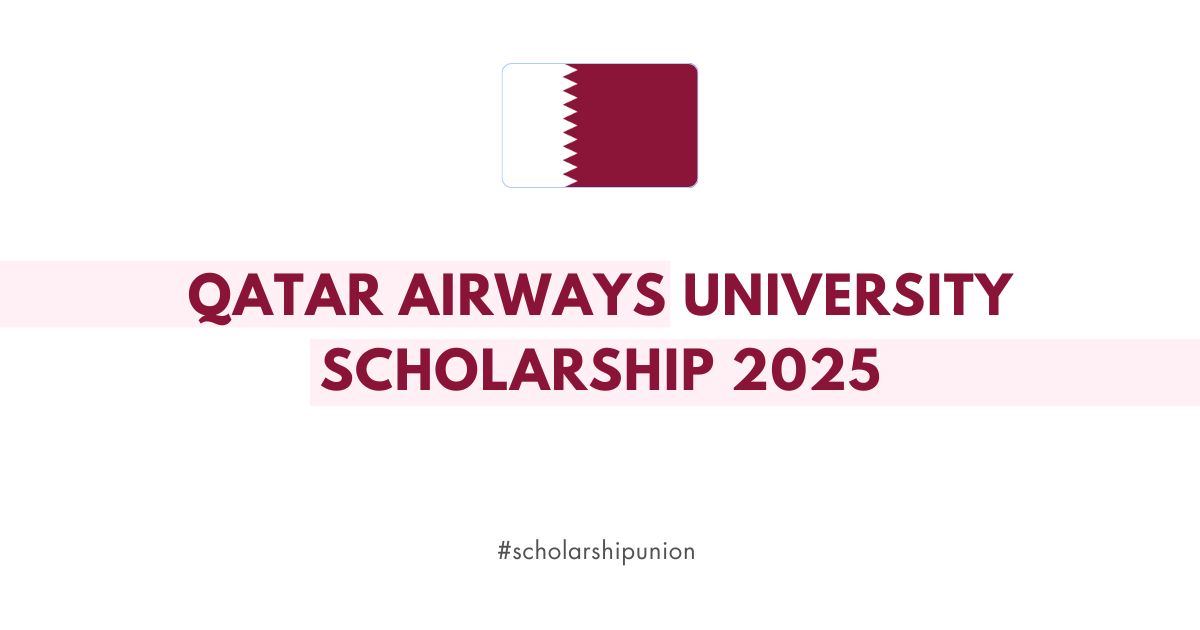Pursuing a doctoral degree is an exciting but expensive journey. Many PhD students struggle with the financial burden of tuition, research costs, and living expenses. Grants for doctoral students offer important funding. This support can reduce financial stress and help students focus on their studies.
This guide will help you understand the types of grants, how to apply, and where to find funding for your doctoral studies.
Check also: Top Fellowships for Graduate Students in 2025
Table of Contents
Why Are Grants Important for Doctoral Students?
PhD grants are very important for doctoral students. They help cover tuition fees, research costs, and travel for academic conferences. Grants are different from loans because they do not need to be paid back. This makes them a great choice for students seeking advanced degrees.
Here’s why grants matter:
✅ Reduce financial burden – Grants cover education-related expenses, reducing the need for student loans.
✅ Encourage academic excellence – Many grants reward students with outstanding research potential.
✅ Fund research projects – Some grants provide money for lab materials, fieldwork, and conference travel.
✅ Expand career opportunities – Earning a grant can strengthen your academic profile and improve job prospects.
With many funding opportunities available, it’s essential to understand the types of grants and how to apply effectively.
Types of Grants for Doctoral Students
There are several types of PhD grants, each designed to support students in different ways. Here are the most common ones:
1. Merit-Based Grants
These grants are awarded to students with exceptional academic achievements and a strong research background. They are highly competitive and often require applicants to demonstrate their contributions to the field.
Example:
- The National Science Foundation (NSF) Graduate Research Fellowship supports outstanding PhD students in STEM fields.
2. Need-Based Grants
Need-based grants help students who face financial difficulties. Applicants must provide financial documents to prove eligibility.
Example:
- The Federal Pell Grant is available for students with significant financial need.
3. Research Grants
PhD students conducting original research often require funding for equipment, travel, and study materials. Research grants support these costs and allow students to complete their projects successfully.
Example:
- The Fulbright-Hays Doctoral Dissertation Research Abroad (DDRA) program funds research in foreign countries.
4. Field-Specific Grants
Some organizations offer grants for students in specific research areas, such as STEM, humanities, education, and public health.
Example:
- The American Educational Research Association (AERA) Dissertation Grant supports students conducting research in education policy.
5. Federal and Government Grants
The U.S. government and international agencies provide grants for PhD students pursuing research in various disciplines.
Example:
- The National Institutes of Health (NIH) Grants fund research in biomedical and health sciences.
How to Apply for Doctoral Grants
Applying for PhD grants can be competitive. However, following these steps can help you get funding:
1. Identify Suitable Grants
Search for grants that match your research area, academic background, and financial situation. Use resources like:
- Grants.gov – A U.S. government database for federal grants.
- Fastweb – A scholarship and grant search platform.
- Your university’s financial aid office – Many institutions offer their PhD funding programs.
2. Prepare a Strong Application
A well-written application is key to winning a grant. Make sure you:
✅ Clearly define your research goals – Explain why your research is important and how it contributes to your field.
✅ Follow application guidelines – Ensure you meet all eligibility requirements and deadlines.
✅ Provide strong recommendations – Letters from professors or advisors can strengthen your application.
✅ Submit a compelling research proposal – If required, write a detailed proposal outlining your research methods and expected impact.
3. Meet Deadlines and Follow Up
Many grants have strict deadlines, so it’s important to keep track of application due dates. If you don’t hear back, don’t hesitate to follow up with the funding organization.
Best Grants for PhD Students by Field
Depending on your area of study, different grants may be available. Here are some top options:
🎓 Education Grants
- Spencer Foundation Dissertation Fellowship – Supports doctoral students in education research.
- Federal TEACH Grant – Provides funding for students who commit to teaching in high-need schools.
🔬 STEM Grants
- NSF Graduate Research Fellowship – Funds PhD students in science, technology, engineering, and mathematics.
- NIH Predoctoral Fellowships – Supports biomedical and public health research.
📜 Humanities and Social Sciences Grants
- Mellon/ACLS Dissertation Completion Fellowships – Funds PhD students in humanities and social sciences.
- The Social Science Research Council (SSRC) Fellowships – Supports students conducting research in social sciences.

Other Funding Options for PhD Students
In addition to grants, here are some alternative funding sources:
🎓 Fellowships
Fellowships provide funding without requiring students to take on extra work, allowing them to focus on research.
Example:
- The Rhodes Scholarship – A prestigious award for students pursuing graduate studies at Oxford University.
👨🏫 Research and Teaching Assistantships
Many universities offer assistantships, which provide a stipend in exchange for research or teaching duties.
Example:
- Graduate Research Assistant (GRA) positions at universities often come with tuition waivers.
💰 Student Loans
While not ideal, federal student loans can help cover costs not met by grants or fellowships.
Example:
- Direct Unsubsidized Loans for graduate students.
Final Tips for Securing PhD Funding
- Start Early – Many grants have early deadlines, so begin your search as soon as possible.
- Apply to Multiple Grants – Don’t put all your eggs in one basket—apply to as many grants as you qualify for.
- Network with Professors and Researchers – Faculty members often know about funding opportunities in your field.
- Perfect Your Research Proposal – A strong proposal can make a big difference in securing funding.
- Stay Organized – Keep track of deadlines and application requirements.
Frequently Asked Questions (FAQs)
Doctoral students have access to various grants and scholarships, including federal and field-specific opportunities. Programs like the Fulbright-Hays DDRA Fellowship and NSF Graduate Research Fellowship offer substantial support. Eligibility and competitiveness vary, so thorough research and early application are crucial.
What types of grants are available for doctoral students?
Are there federal grants specifically for doctoral students?
What is the Fulbright-Hays Doctoral Dissertation Research Abroad (DDRA) Fellowship?
Are there grants available for doctoral students in specific fields?
How can doctoral students find grants related to their research interests?
Students should explore grants offered by professional associations, government agencies, and private foundations related to their field of study. University financial aid offices and academic advisors can also provide guidance.
Are there grants specifically for doctoral students in education?
Yes, organizations like the American Educational Research Association offer grants and funding opportunities for doctoral students conducting research in education.
What are some scholarships available for PhD students in the USA?
Can international students apply for grants for doctoral studies in the USA?
Some grants and scholarships are open to international students, but eligibility varies by program. It’s essential to review the specific requirements of each grant or scholarship.
Are there grants available for doctoral students from underrepresented groups?
Conclusion
Securing grants for doctoral students can make a huge difference in your academic journey. Whether you’re pursuing funding for tuition, research, or living expenses, there are numerous opportunities available. By taking the time to research and apply for grants, you can focus on your studies without financial stress.
Start your search today and take advantage of the funding options that best match your academic goals!
⚠️ Disclaimer
Scholarship Union shares publicly available scholarship opportunities for informational purposes only. We are not affiliated with or endorsed by any listed institution unless clearly stated.
Listings may come from public sources or user submissions. We do not guarantee their accuracy, completeness, or availability.
To report issues or request updates, please contact us here.
Discover more from Scholarship Union
Subscribe to get the latest posts sent to your email.









